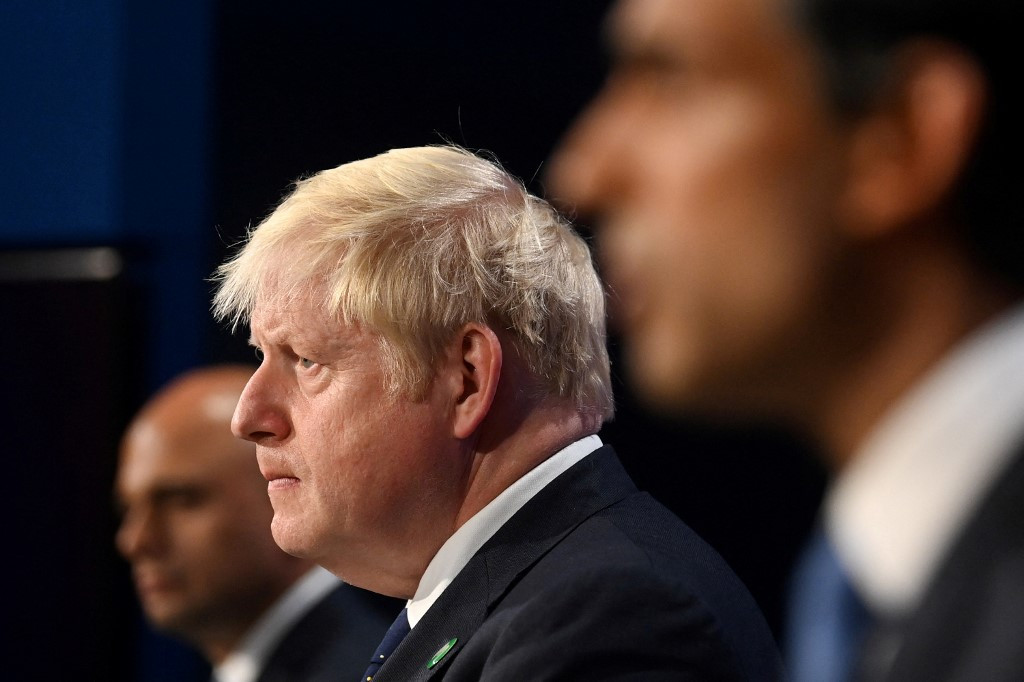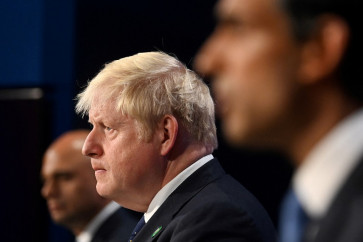Popular Reads
Top Results
Can't find what you're looking for?
View all search resultsPopular Reads
Top Results
Can't find what you're looking for?
View all search resultsAre the UK’s shifting sands a sign of Indonesia’s political future?
An electoral majority does not give free rein for a government to do as it wishes without expecting public backlash.
Change text size
Gift Premium Articles
to Anyone
W
hile the United Kingdom’s exit from the European Union has set a new course in the country’s political odyssey, the ousting of its political leaders—often dramatically, sometimes unceremoniously—has stood throughout history as a UK convention.
Prime ministers in the UK need to secure the confidence of not only the people but also the political party they represent. Even prime ministers who are as tough as iron are capable of melting under the fiery pitchforks of disgruntled party members. Indeed, as an example, Margaret Thatcher’s 102-seat majority in the House of Commons could not protect her from a leadership challenge and a resignation that ended with tears as she drove away from Downing Street.
Fast forward 30 years to the present and we now have the Cesar-like ousting of Boris Johnson. Despite his 80-seat majority in parliament, his scandal-ridden tenure set into motion the end of his premiership and leadership of the Conservative Party.
As one of the world’s oldest democracies, which shifted over time into a constitutional monarchy, it is hard to ignore the UK as a benchmark, both for its political highs as well as its lows. After all, this revolving door of political leadership can serve as a lesson in good governance in a constantly changing landscape for Indonesia’s own political future.
In tune with most commonwealth countries, the UK is a parliamentary democracy, which relies on credibility and confidence through a majority in the legislature to catapult a party leader to prime minister with the ceremonial consent of the head of state.
The prime minister, concurrently serving as party leader and member of parliament, may also face bouts of no-confidence votes and leadership challenges from his or her own party. It’s a swift, repetitive and always vicious cycle that perhaps makes Indonesian politicians grateful that such public displays of contestation are unseen in the country today.
Besides Johnson and Thatcher, other prime ministers such as Edward Heath and Theresa May also succumbed to strain on their own credibility which led them to resign.



















